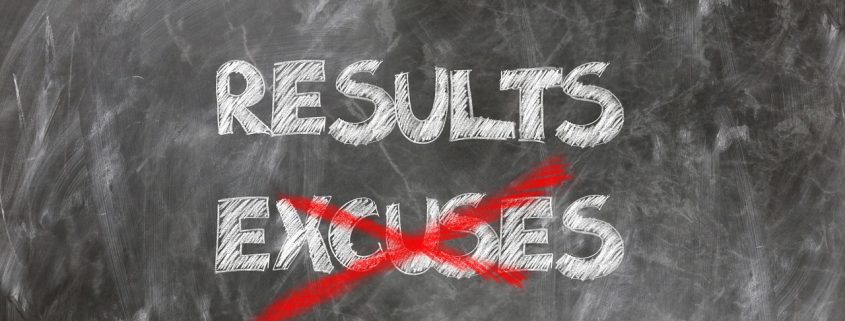3 Reasons Why Sales Training Programs Fail
“See that over there,” he said to me as he pointed to a sales training book used as a doorstop. “That’s what happened to the last guy we hired to help our team.”
That was my introduction to a potential new client recently. Clearly, I had my work cut out for me. But his experience was not unique. As I listened to what went wrong, three reasons for why his program failed came to light. And I could have guessed all three! So, here are the reasons why so many sales training programs fail:
Not Everyone Wants Red
Imagine if you went to a car dealership and the only color they offered was red. Sure, they might sell a lot of cars to people who like red but they would lose so many customers who do not. Sales programs fail because they are not tailored to the needs and wants of those they are training. The “door stop” client even said to me, “All you guys are the same, right?” He’d had far too many red car salespeople in his life.
I first responded by saying that I don’t deliver public seminars where one presentation is supposed to address the needs of everyone in the room. Look…I’m confident in my abilities as a coach and trainer, but I have nowhere near the ego to think that I could create a singular program that applies to all industries, all companies and all people.
I also told him that my work is done on a bespoke basis to each client. Each program is customized based on the client’s industry and current atmosphere. Sales training programs are most successful when they solve a team’s biggest challenge while creating an approach that addresses specific goals.
Lack of Authorship
The second reason sales training programs fail is lack of “authorship.” Trainers that develop a one-size-fits-all program neglect to get “buy in” from their clients’ top-producing associates. By contrast, I interview the “A” players to design the program. In doing so, they become co-authors of their program by informing me of their actual business development dialogue and process. Once they feel some sense of ownership, they are more likely to accept my assistance in improving their skills and the less productive players witness that even the best can get better!
No Follow Up
Perhaps the biggest reason sales training programs fail is that there is no planned follow up that extends the training. So many times, trainers abandon their clients as they move on to the next training. Equally as detrimental is when the executives who hired the trainer do not ensure the lessons are instilled in day-to-day activities of their teams. It’s as if they say, “Ok. You got trained. Go make it happen.” Without any regular check-ins that are based on the training, people will fall back into old habits. It is critical that teams become comfortable with new behaviors. To do this, a system that fosters the growth through more education, observation and training is required. In other words, don’t orphan your teams!
What was your experience like the last time you worked with a sales trainer? Let me know in the comments below. – SG




